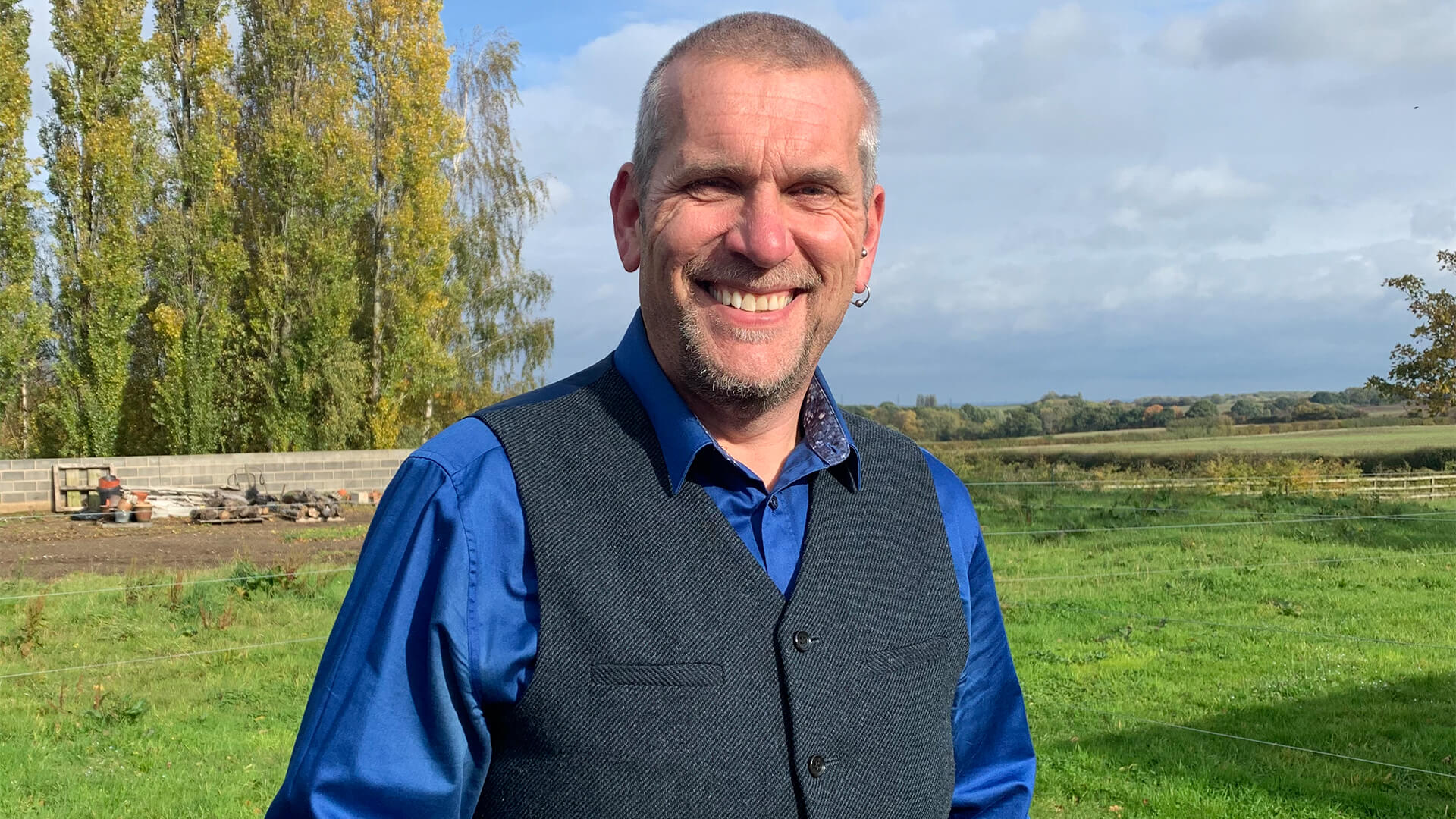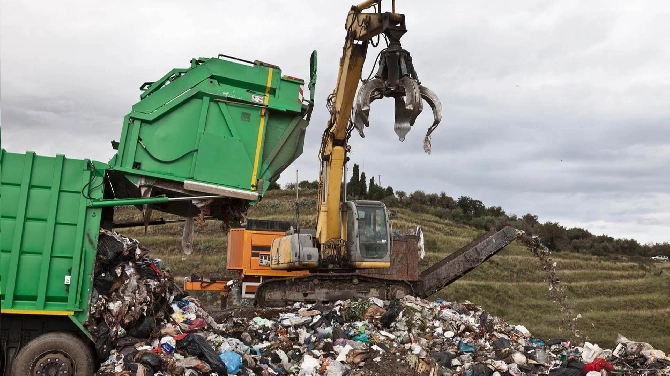As an SME, are you able to confirm that your business is compliant with the legal standards for health and safety? If there was an accident in your workplace, would your business be safe? Many would answer yes, not realising what the legal standard for health and safety is, and how far they fall below it. We caught up with the team at Safety PAL (PLAN ACT LEARN), recently named as Most Trusted Health and Safety Management System, 2020 – United Kingdom in 2020’s Business Elite Awards, for discovering ways in which businesses can protect themselves when it comes to health and safety in the workplace.
Based in Newark, Nottinghamshire, the team at Safety PAL have gained an international reputation for their work in the Health and Safety sector. Many see this field as one based on common sense, but this approach undermines years of work from governments and private companies to ensure that everyone involved in a business is safe.
Having policies and procedures is not always enough. Companies will create policies and risk assessments as standard, but this does not come close to ensuring that businesses are meeting the required legal standards. Enforced by the HSE (Health and Safety Executive), many business owners are not only at risk of being prosecuted by government officials, but live with the burden of workplace accidents. It doesn’t have to be this way.
The Health and Safety at Work etc. Act 1974 places legal duties on employers to ensure so far as is reasonably practicable, the health, safety and welfare at work of all employees. Any incidents that occur in the workplace fall under the employer’s sphere of influence. Companies as a whole, and the directors of a company specifically, are responsible for anything that happens to an employee and to non-employees who are affected by their work.
Between April 2019 and March 2020, the Health and Safety Executive (HSE) recorded 111 workers who were fatally injured at work. These figures are the lowest work-related deaths on record, but still represent a major challenge yet to be met by employers and employees. That is still 111 people who will not go home to their families and countless others who will have to handle the impact of this loss in both professional and personal capacities.
An estimated 581,000 workers sustained non-fatal injuries in the period of 2018/19. These injuries were less serious, but the majority will have led to the submission of an injury claim to a conditional fee solicitor. As mentioned, many companies create risk assessments, but these are often completed to appease a client. These risk assessments, however, do not protect the company from risk. If not distributed, checked and enforced, they still leave the business open to legal action. Health and safety offences are concerned with failures to manage risks and do not require proof that the offence caused any actual harm.
The legal obligations are clear, yet many directors continue to fudge the issue, doing not what is legally required but what they think is required. In many ways, this is a failure of government to effectively communicate company obligations when a director registers at Companies House, but at the end of the day, the responsibility of fulfilling these conditions falls to these business owners.
Do you know your legal obligations regarding workplace health and safety? The focus is not just on putting in health and safety procedures. It lives and dies on the ability to prove beyond reasonable doubt that workers have read them, are following them and that the control measures are sufficient for the task. This is understandable, given that even the best policies and risk assessments fall flat if no one has read or is following them.
As such, the challenge for any business owner is not to simply ensure that a set of company policies are in place, but one that employers and employees are taking an active role in following. There are many companies that have approved procedures in place, but are still fundamentally at risk from the actions of a negligent employee. Between 2018 and 2019, 55 directors and duty holders not only received immediate custodial sentences, but paid out millions in fines thanks to their poor management of health and safety in the workplace.
Instead of being beholden to fate, running the risk and thinking that the worse will not happen to me, is dangerous and an attitude which needs to change before it’s too late. Transforming SME directors’ mindset to health and safety is not an easy task. Many simply believe that it couldn’t possibly happen to them, and if it does, that the H&S policies currently in place will protect them. In most situations, they will not, leaving the company liable for the consequences of an accident. This could ruin the business, leaving directors with a great deal of debt and no clear way forward.
It’s therefore worth examining a good model of health and safety performance, one which encourages best practice at all levels. Three principles have been highlighted in The Leading Health and Safety at work Publication INDG417 (rev1), namely strong and active leadership from the top, worker involvement and continuous assessment and review. When put together, the result is a proactive approach that engages everyone in a business.
This requires new investment from SME operations. Obviously, every business owner argues that they would never cut costs when it comes to the health of the workforce, but money is a factor in any business decision. Cost-cutting at the expense of safety is an aggravating factor in the case of an accident, and with many businesses not reaching the necessary standards is not a viable option. The need is to find a way forward that combines robust systems and practical application is vital.
Safety checkpoints that are able to provide business leaders with the evidence and proof of compliance will always be an invaluable asset. The use of technology to enable this is vital, ensuring that communication of important information goes to the entire workforce. In a world that is constantly changing, especially in the whirlwind that is COVID-19 compliance, it’s the perfect opportunity to put systems in place that balance cost with how a business needs to meet the required standards in health and safety.
The solutions available from Safety PAL is just one way forward for SME operations. Their health and safety software takes all these factors into account and effectively engineers out any problem through clear communication, pro-active training and proof. The firm’s practical approach allows smaller business operations that often struggle to find the resources to manage health, safety and wellbeing, allowing them to work smarter, safer and faster.
The aim is always primarily to prevent accidents and protect SMEs from prosecution which has meant the team have produced something that doesn’t place onerous demands on resources or costs. Safety PAL is a practical, well thought through single-source solution that is highly regarded by many. Its success in SME News’s Business Elite Awards this year are reason enough to see what they have to offer, but the security they can bring to your business are why you should consider taking them on board.
For more information visit: www.yoursafetypal.com







